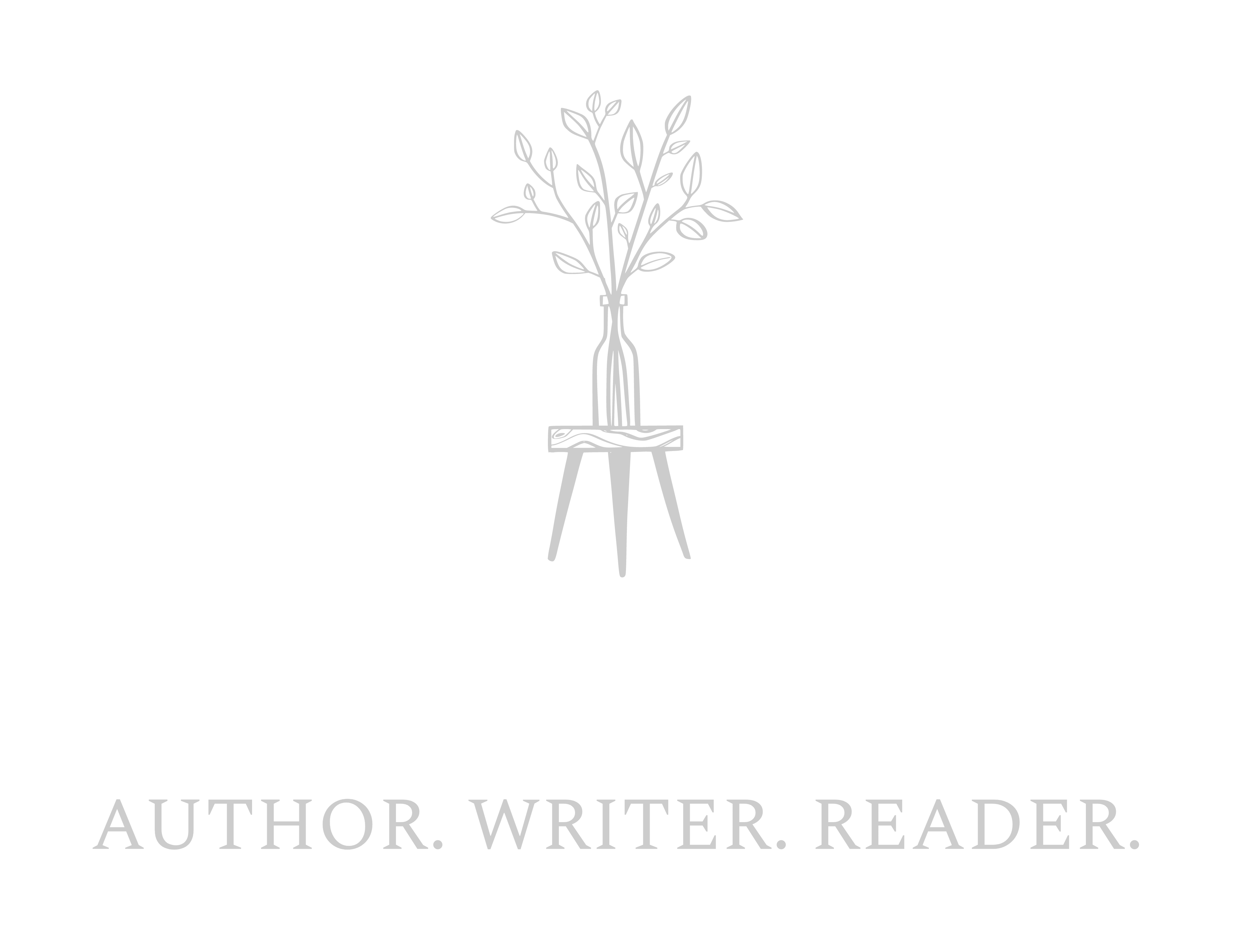Personally, I dislike this word because we have all been guilty of procrastinating at one point or another. Did you know that according to a study done by StudyMode Student Psyche Report, distraction was found to be the most common reason for procrastination (48%)? And 20% of individuals identify themselves as chronic procrastinators as per research by Dr. Joseph Ferrari.
So, what exactly does procrastinate mean? Well, in layman terms, when someone procrastinates, they deliberately postpone something despite the negative consequence of doing so. In other words, we as individuals put off doing something on purpose regardless of the repercussions that will follow suit. This sounds bad right? Well, let’s clear the air first. When we think about someone procrastinating, our thoughts immediately jump to the idea that procrastinators have issues with time management. This is incorrect as these two actions do not correlate with one another.
In fact, most procrastinators are excellent time managers. The reasoning behind procrastinating stems from completing dreaded task or meaningless assignments aka sidetracked. Truth be told I’ve been guilty of procrastinating and not because I couldn’t manage my time but because I did not want to complete a task that was considered boring or repetitive. For example, when it comes to completing my annual taxes, I put it off as long as possible because the task is cumbersome and quite tedious.
Now onto the big question: How can we overcome procrastination? According to a 2020 study in the International Journal of Applied Positive Psychology, people who practiced even brief mindfulness exercises were more likely to stay on task. (Source – National Geographic)
Self-regulation, as a close companion of procrastination (Sirois and Pychyl, 2013), has also been proved to affect people’s wellbeing (De Ridder and Gillebaart, 2017). Self-regulation also appears to be a key factor to ameliorate the negative effect of procrastination.
As a reminder, procrastination is a choice therefore avoidable but if you happen to get stuck in this cycle and feel like there is no way out then try some mindfulness exercises or self-regulation to refine the less desirable outcomes.
Leave a Comment





